Today, Luis Bunuel would have been 114 years old. Born 22nd February 1900. The father of cinematic Surrealism and one of the most original directors in the history of film. Born Luis Bunuel Portoles in Calanda, Aragon, Spain he was given a strict Jesuit education (which sowed the seeds of his obsession with both religion and subversive behaviour), and subsequently moved to Madrid to study at the university there, where his close friends included Salvador Dali and Federico Garcia Lorca.
After moving to Paris he did a variety of film-related odd jobs in Paris, including working as an assistant to director Jean Epstein (The Fall of the House of Usher). Using his Mother’s money and the creative juices of Dali, he made his first film, the 17 minute Un Chien Andalou (1929).
http://www.filmposterart.co.uk/un-chien-andalou-160-p.asp
http://www.filmposterart.co.uk/un-chien-andalou-239-p.asp
and immediately catapulted himself into film history thanks to its shocking imagery (much of which – like the sliced eyeball at the beginning – still packs a punch even today). It made a deep impression on the Surrealist Group, who welcomed Buñuel into their ranks.
The following year, sponsored by wealthy art patrons, he made his first feature, the scabrous witty and violent L’Age d’Or (1930).
It mercilessly attacked the church and the middle classes, themes that would preoccupy Buñuel for the rest of his career. That career, though, seemed almost over by the mid-1930s, as he found work increasingly hard to come by and after the Spanish Civil War he emigrated to the US where he worked for the Museum of Modern Art and as a film dubber for Warner Bros.
Moving to Mexico in the late 1940s, he teamed up with producer Oscar Dancigers and after a couple of unmemorable efforts shot back to international attention with the lacerating study of Mexican street urchins in Los Olividados (1950), winning him the Best Director award at the Cannes Film Festival.
Trailer
http://www.youtube.com/watch?v=HBDgOrB76Rk
and Bunuel promptly bit the hand that fed him by making Viridiana (1961), which was banned in Spain on the grounds of blasphemy, though it won the Palme d’Or at the Cannes Film Festival.
Trailer (with English subtitles)
http://www.youtube.com/watch?v=x4hTSjfh7Y0
He followed Viridiana with The Exterminating Angel (1962)
In competition in Cannes and winner of a Bodil Award, Jaqueline Andere won a Silver Goddess Award from Mexican Cinema Journalists.

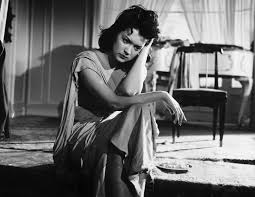

This inaugurated Buñuel’s last great period when, in collaboration with producer Serge Silberman and writer Jean-Claude Carriere he made seven extraordinary masterpieces, starting with Diary of a Chambermaid (1964) starring Jeanne Moreau and Michel Piccoli.
the extraordinary Simon of the Desert (1965)
Belle de Jour (1967)
Trailer for Belle de Jour
http://www.youtube.com/watch?v=FJXLCYZMGQ8
The Milky Way (1969)
Trailer
http://www.youtube.com/watch?v=WAn2DMkIEHg
The following year came Tristana (1970)
Tristana trailer
http://www.youtube.com/watch?v=bcW2EKnzXxE
The Discreet Charm of the Bourgeoisie (1972)
The Phantom of Liberty (1974)
That Obscure Object of Desire (1977)
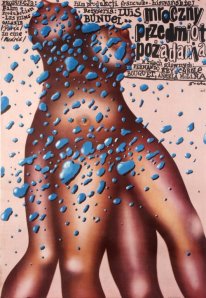
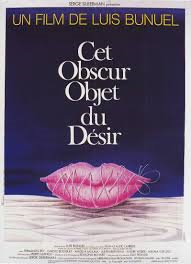
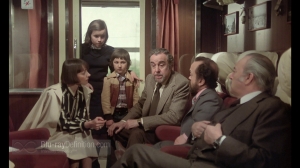

After saying that every one of his films from Belle de our (1967) onwards would be his last, he finally kept his promise with That Obscure Object of Desire (1977) after which he wrote a memorable (if factually dubious) autobiography, in which he said he’d be happy to burn all the prints of all his films, a classic Surrealist gesture if ever there was one. A one – off. A director like no other with a vision, a passion and the talent to back it up.
French TV Programme about Bunuel (with blue subtitles)
http://www.youtube.com/watch?v=xjVpviB2gp4
Happy Bithday Luis.


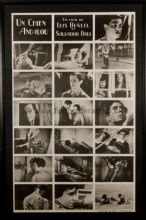




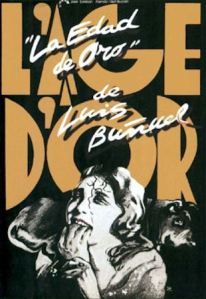

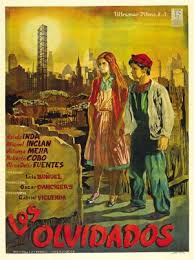







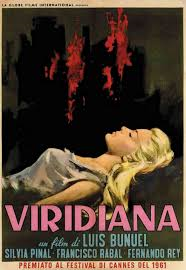
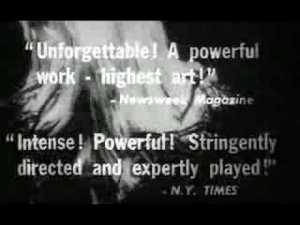


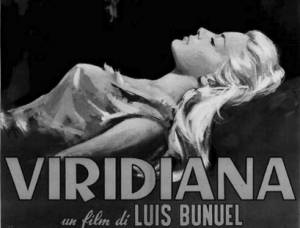


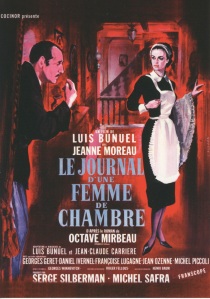
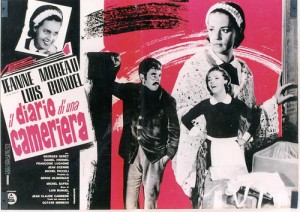



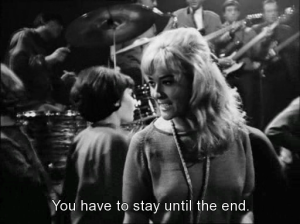









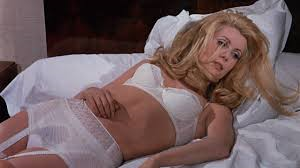
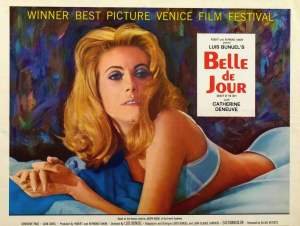
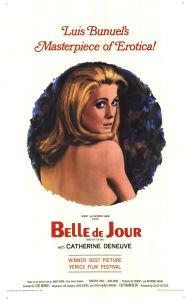
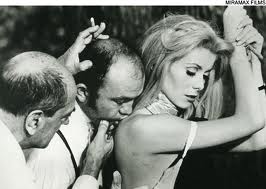




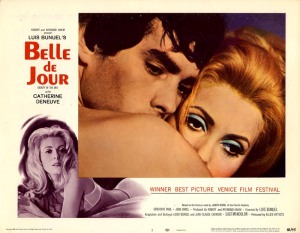





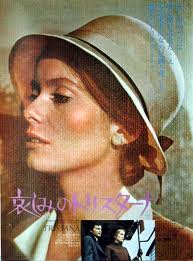






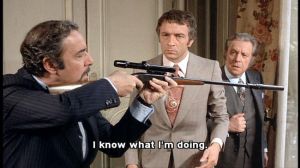
A Very Quick Post About Bunel’s L’Age D’Or | A Little Tour in Yellow
Mar 07, 2014 @ 04:11:10